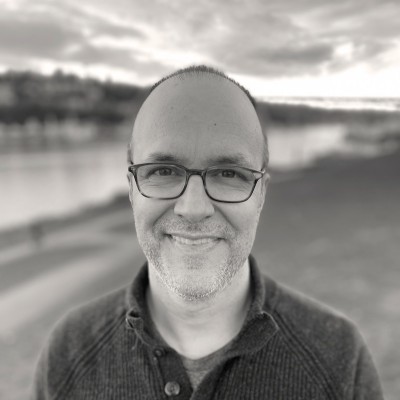
Scott Braswell
Director of Marketing and Communications
Office of Advancement, Office of the Dean, School Admin Staff
Telephone: (206) 543-3485
Email: braswels@uw.edu

Director of Marketing and Communications
Office of Advancement, Office of the Dean, School Admin Staff
Telephone: (206) 543-3485
Email: braswels@uw.edu